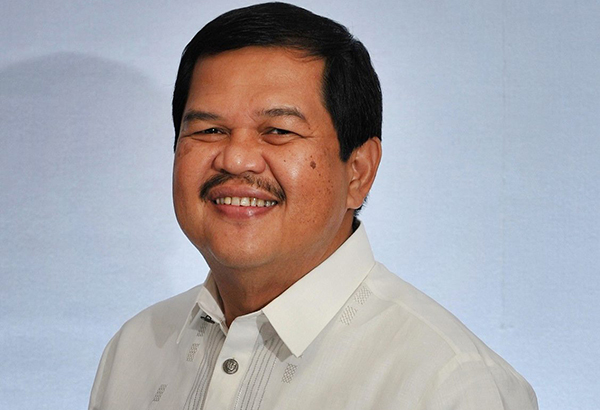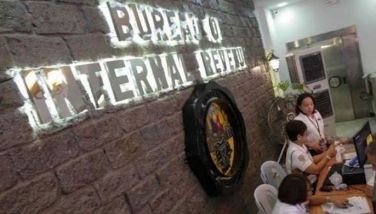BSP keeps tight rein on forex rate

“Definitely we are not in a foreign exchange crisis. We allowed the peso to adjust moderately and gradually but I can assure that the BSP is in full control of the exchange rate,” BSP Governor Nestor Espenilla Jr. told participants of the economic forum hosted by the Economic Journalists Association of the Philippines. File
MANILA, Philippines - The Bangko Sentral ng Pilipinas (BSP) said the Philippines is not in a foreign exchange crisis even after the peso flirted with new 11-year lows.
“Definitely we are not in a foreign exchange crisis. We allowed the peso to adjust moderately and gradually but I can assure that the BSP is in full control of the exchange rate,” BSP Governor Nestor Espenilla Jr. told participants of the economic forum hosted by the Economic Journalists Association of the Philippines.
Espenilla said the movement of the local currency is consistent in an investment and export-led strategy despite depreciating 2.5 percent year-on-year, making it the worst performing currency in the region this year.
The BSP chiefsaid the daily movement of the peso is volatile as it is very sensitive to market price including economic fundamentals and external headwinds such as the tension between the US and North Korea.
The peso shed eight centavos to 51.08 to $1 Friday from Thursday’s 51 to $1. It opened weaker at 51.05 and hit an intraday low of 51.145. The local currency momentarily touched the 50 to $1 level last Thursday hitting an intraday high of 50.98.
“We remain confident that we are not talking about a free fall situation here. The fundamentals are very strong in terms of the macrofundamentals,” he said.
According to Espenilla, inflation is firmly under control as it isexpected to fall within the midpoint of the two to four percent target set by the BSP between 2017 and 2019.
He said the country’s gross domestic product continues to grow robustly at 6.5 percent in the second quarter from 6.4 percent in the first quarter, bringing the average in the first half of the year to 6.4 percent.
The BSP chief also took note that the public sector deficit is under control while the gross international reserves remains very ample at $80.79 billion in end-July, enough to cover 8.6 months worth of imports of goods and payments of services and primary income.
Espenilla said the external debt position of the Philippines remains very low at only 24 percent of GDP from a peak of 60 percent in 2005.
“2005 and 2017 is a very different scenario. Back then we were junk rate. Today, we are investment grade,” he said.
The Philippines received investment grade rating from S&P Global Ratings, Moody’s Investors Service and Fitch Ratings in 2013 after implementing a series of economic and fiscal reforms.
Espenilla earlier said the peso had sufficiently adjusted after depreciating gradually and warned speculators that authorities would deploy their full policy regulatory arsenal.
- Latest
- Trending




























